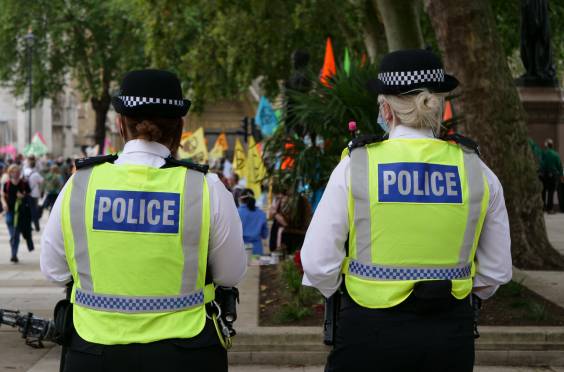How to defend a drink driving charge
How To Defend A Drink Driving Charge
The Christmas season is fast approaching which means many people will be enjoying a tipple or two at various parties. And although everyone enjoys a good time, being caught drink driving can quickly bring Christmas celebrations to a screeching halt. Drink driving is an extremely serious offence, and penalties for conviction can include a fine, automatic disqualification, and in serious, repeat offences, even imprisonment. Therefore, if you are charged with a drink driving offence, you must instruct an experienced Solicitor to defend you.
What is the law around drink driving in England?
The Road Traffic Act 1988 provides that it is an offence to drive a “mechanically propelled vehicle” on any road or place to which the public have access whilst you are over the prescribed limit. In England, Wales, and Northern Ireland, these limits are:
• 35 micrograms of alcohol per 100 millilitres of breath.
• 80 milligrams of alcohol per 100 millilitres of blood.
• 107 milligrams of alcohol per 100 millilitres of urine.
It is also an offence to be in charge of a motor vehicle on a road or other public place if you are over the prescribed limit. If you are charged with drink driving you will be brought before the Magistrates' Court, where the Prosecution must prove, beyond reasonable doubt, that you were over the prescribed limit and driving or in charge of a motor vehicle on a road or public place.
What are the defences for drink driving?
Many people believe that you have no defence if you are caught drink driving. This is not true. Below are several defences that a Drink Driving Solicitor can argue, depending on the circumstances of your case:
• Procedural error – police officers must follow a strict procedure when taking a sample of breath, blood or urine. These are outlined in the Manual of Guidance Drink and Drug Driving (MGDDA). One of the first things your Drink Driving Solicitor will do is examine the police procedure and investigate any potential failings. These could include not providing a statutory warning that failing to provide a sample is an offence, filling in the paperwork following a breathalyser test incorrectly, or not providing you with a sample of your blood test so you can get it independently verified.
• Post-offence consumption or ‘hip-flask defence’– let’s imagine that you are involved in a car accident, and it takes an hour or so for the police to arrive. During that time, someone offers you alcohol to calm your nerves. If the consumption of alcohol after you have driven puts you over the legal limit, you may have a defence. Your Drink Driving Solicitor will need to rely on witness statements and possibly expert evidence to prove post-offence consumption.
• Necessity or duress of circumstances – these defences are available in extremely limited situations. An example is where you are threatened with serious violence if you do not drive, despite being over the limit.
• Private land – if you can show you were driving on private land, you cannot be convicted of drink driving as the defence only applies to operating or being in charge of a vehicle on public land.
• Your drink was spiked – for this defence to succeed, you will need to prove that before consuming the spiked drink, you were below the legal limit, you were unaware your drink was spiked, and you had no reason to believe you were over the drink driving limit. Your Drink Driving Solicitor is likely to rely on expert evidence to prove this defence.
• Unreliable breathalyser or blood test – The equipment/lab used by the police to obtain a breath or blood sample must be approved by the Home Office. Despite this, things can go wrong. For example, in December 2020, forensic testing company SYNLAB Laboratory Services Limited, identified issues with its analysis of drug driving samples, in relation to quality control criteria used to verify analytical results. An investigation found that these criteria were not always applied consistently. The final review of the scandal revealed that of the 4,255 samples examined, 2,462 either remained negative, the case was discontinued before going to trial, or the trial resulted in a not guilty outcome. Your Solicitor will check that the equipment to analyse your breath and/or blood was approved by the Home Office and quality control procedures were employed by any third parties that examined your blood sample.
Concluding comments
If you have been charged with a drink driving offence, you do not have to face the situation alone. Having an experienced Drink Driving Solicitor by your side will ensure your best interests are protected. It will also increase the chances of having the charges against you dropped before the court date or being acquitted of drink driving.
If you have any questions regarding this article, please call us on 0300 3732424. If you have been arrested and require police station representation, please call our emergency number 0300 373399.

